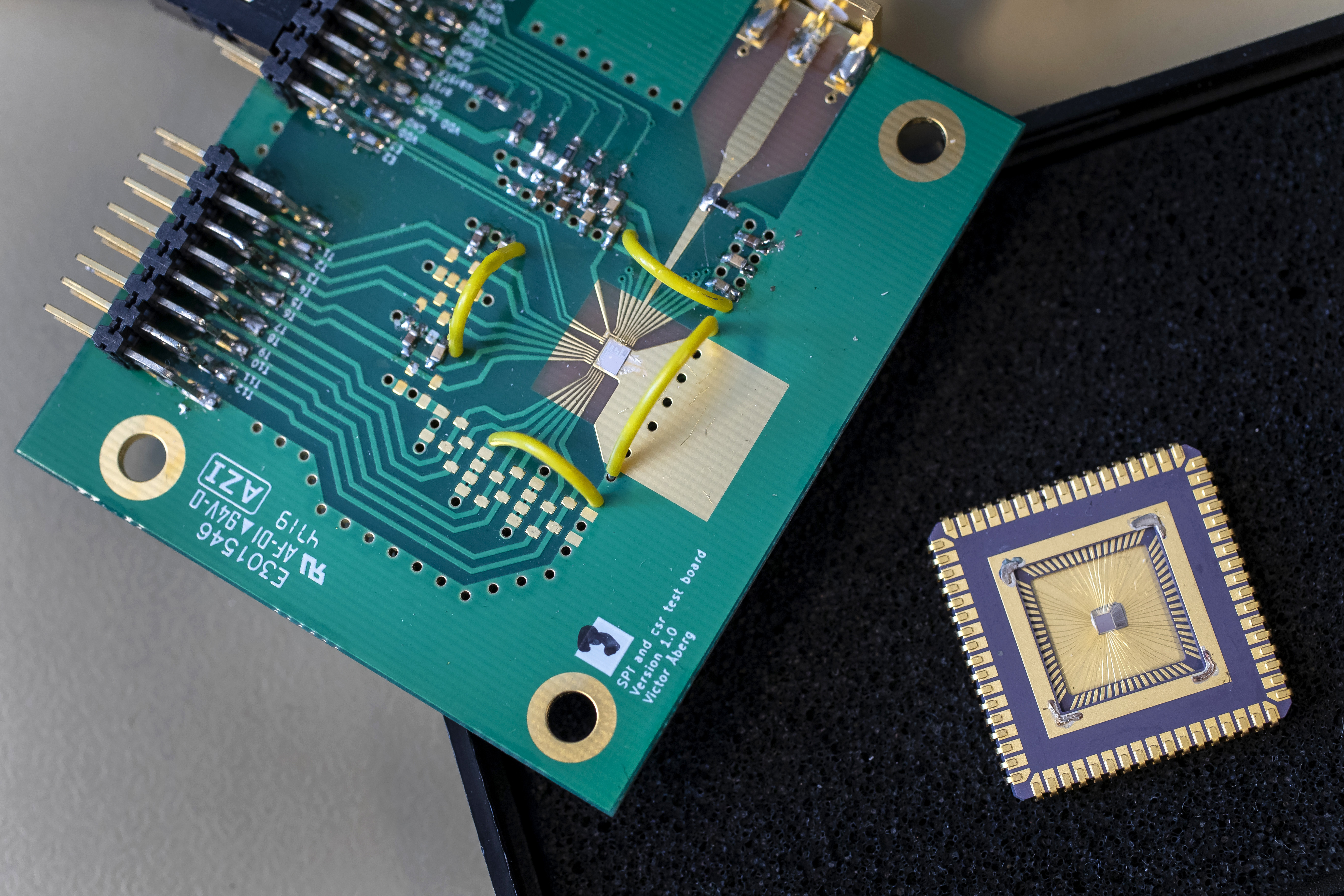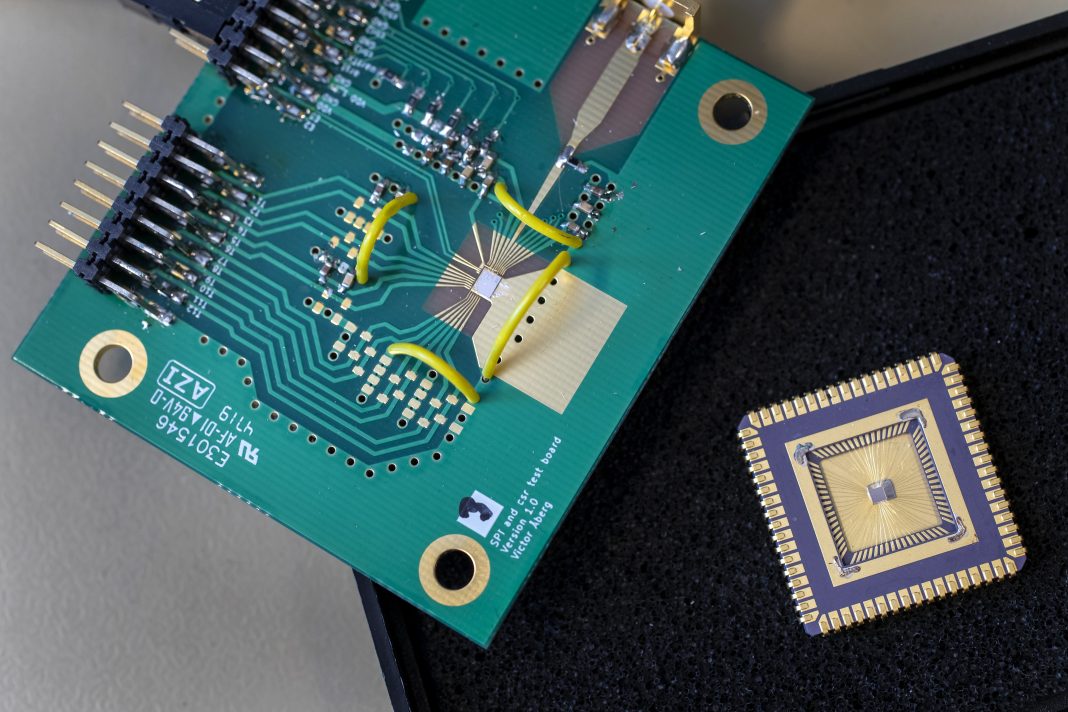
Dutch Control List Updated to Include ASML’s Chipmaking Machines
The Dutch government recently updated its export control rules to include two advanced chipmaking machines developed by ASML, a Dutch company. These machines, known as ASML’s TWINSCAN NXT:1970i and 1980i DUV immersion lithography systems, have been under U.S. export control for almost a year. The move by the Netherlands aligns its rules with those imposed by the United States, citing safety and security risks in the current geopolitical context.
ASML, the manufacturer of these machines, will now need to apply for export licenses with the Dutch government instead of the U.S. government. The Dutch government stated that the machines, when combined with technologies from other countries, can play a significant role in advanced military applications. As a result, uncontrolled export of the equipment poses a threat to Dutch security interests.
China’s Discontent and Accusations of Hegemony
China’s ruling communist party expressed discontent over the expanded export restrictions. The Ministry of Commerce spokesperson accused the United States of coercing countries to tighten their export controls on advanced semiconductors and related equipment. China argues that the United States continuously expands the concept of national security to maintain its global hegemony. This rhetoric aligns with Beijing’s ongoing attempts to present its governance system as an alternative to the international rules-based order led by the liberal-democratic United States and its allies.
U.S. Pressure on Chipmaking Equipment Sales
The United States has been pressuring countries like Japan and the Netherlands, during the Trump administration, to halt sales of high-end chipmaking equipment to Chinese firms. The U.S. government also added Chinese telecommunications giant Huawei and semiconductor manufacturer SMIC to the Entity List. In 2022, the Biden administration enacted the CHIPS and Science Act, imposing further restrictions on the export of advanced chips to China. In 2023, these curbs were updated to close remaining loopholes.
ASML’s Monopoly and Restricted Sales
ASML holds an effective monopoly on extreme ultraviolet lithography (EUV), a technology used to produce transistors for advanced microchips. The company also leads in deep ultraviolet immersion lithography (DUV). Under pressure from the United States, the Dutch government has never permitted ASML to ship its best EUV tools to China-based customers. Additionally, starting in September 2023, ASML was required to obtain export licenses to sell its most advanced DUV equipment outside the European Union.
The Significance of the Added Chipmaking Machines
The two chipmaking systems added to the export control list by the Dutch government are part of ASML’s product range. These machines were already listed in the U.S. rules, which restricted their sale due to the inclusion of some U.S. parts. Interest in these machines stems from China-based firms, such as SMIC, successfully making advanced chips by utilizing DUV tools. However, ASML CEO Christophe Fouquet stated that while China-based chipmakers may achieve higher technology levels using DUV tools, they will face increasingly lower yields, making it economically unviable.
In conclusion, the Dutch government’s decision to include ASML’s chipmaking machines on its export control list aligns with the United States’ efforts to restrict the export of advanced chips and related equipment to China. The move reflects concerns over safety and security risks in the current geopolitical context. China has expressed dissatisfaction with these expanded restrictions, accusing the United States of coercion and promoting its own governance system as an alternative to the international rules-based order. ASML’s monopoly on chipmaking technology and restricted sales to China highlight the significance of these added machines. However, while China-based chipmakers may achieve higher technology levels, the economic viability of their processes may be compromised due to lower yields.


